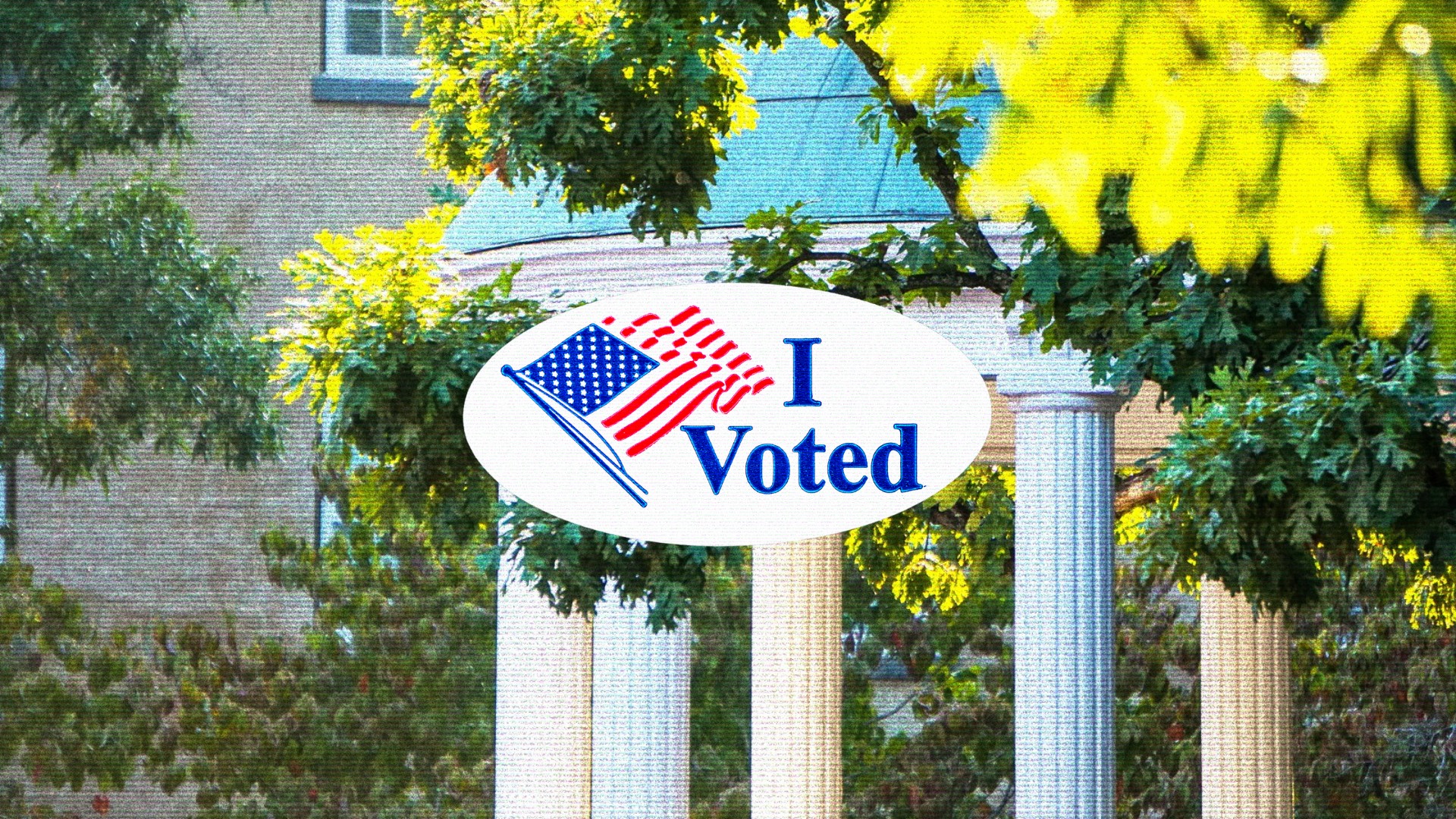Source: Editorial Board
By: Jasmine Gailliard, Public Policy at UNC-Chapel Hill
College can feel overwhelming — whether it’s a new city, new responsibilities, or a future full of uncertainty. Now throw a historic election into the mix, and it’s easy to see why many students are left feeling more confused than ever. Voting for the first time while juggling classes, deadlines, and social life can seem daunting, but it doesn’t have to be.
For many university students, this election might be their first time at the polls. The question is: where do you vote? Should you head home, or change your voter registration to your college town? We’re here to break it down for you, from where to cast your ballot on campus, to how to fit voting into your busy class schedule. This election is too important to sit out, and Gen Z students have the power to make their voices heard. Let’s make sure you’re ready.
When deciding whether to vote at home or register in your college town, there are a few things to keep in mind. Voting at home might feel familiar, and you may know the candidates better, but it could require extra planning to get back or send in an absentee ballot. On the other hand, registering in your college town means you can vote in elections that directly affect your college life, like local policies on housing or campus-related issues. Whichever you choose, remember that the most important thing is to go to the polls and cast your vote.
Nearly 40 million Gen Zers will be eligible to vote in November, and experts predict the diverse and politically active generation will have a significant impact on the election. Fox 10 reports that 45% of Gen Z voters are people of color who make up a large share in crucial swing states, including North Carolina. With major topics on the line, such as women’s rights, environmental protection, and gun control, it’s essential that every person who can vote casts their ballots!
Registration is the first step to preparing for this election season. If you haven’t registered yet, you can still jump in before the deadline! Registration will remain open until Oct. 11 at 5 p.m. (EST). To check your registration status, county, and other details, go here.
It can be nerve-wracking to fit voting into your schedule. If you’re nervous about having time to vote, early voting is available from Oct. 17 – Nov. 2 at 3 p.m. (EST). Unlike Election Day, if you decide to utilize Early Voting, you can go to any Early Voting site in North Carolina. When you check in to vote at an Early Voting site, you may update your name or address within the same county if necessary. Individuals who are not registered to vote in a county may register and immediately vote at that same site. This process is called same-day registration.
Once registered, the next step is knowing exactly where to cast your vote. Election Day will take place on Nov. 5. Polling places will be open from 6:30 a.m. to 7:30 p.m. on Election Day. Voting will look different this year than in other years. Voters will now be required to present a valid photo ID when voting in person. If you still need a valid photo ID card, you may obtain one from your county board of elections before the election through the end of the early voting period.
For university and college students, you must bring your physical student ID card to your on-or-off campus voting location. Out-of-state students can cast their ballots as long as they are registered to vote in North Carolina by changing their registration to their on-campus or off-campus residence. To check your University’s policy on valid student voter ID, check this webpage.
So, where exactly do you vote? For students at UNC Chapel Hill, you have some convenient options for casting your ballot. You can vote right on campus at The Sonja Haynes Stone Center or head to nearby locations like First Baptist Church. These polling places are easily accessible and designed to ensure voting fits into your busy college schedule, whether squeezing it in between classes or taking advantage of early voting. Be sure to double-check your polling location before Election Day, so you’re prepared and ready to make your voice heard!
Your voice matters. Whether it’s your first election or your fifth, showing up to the polls is your chance to shape the future.





